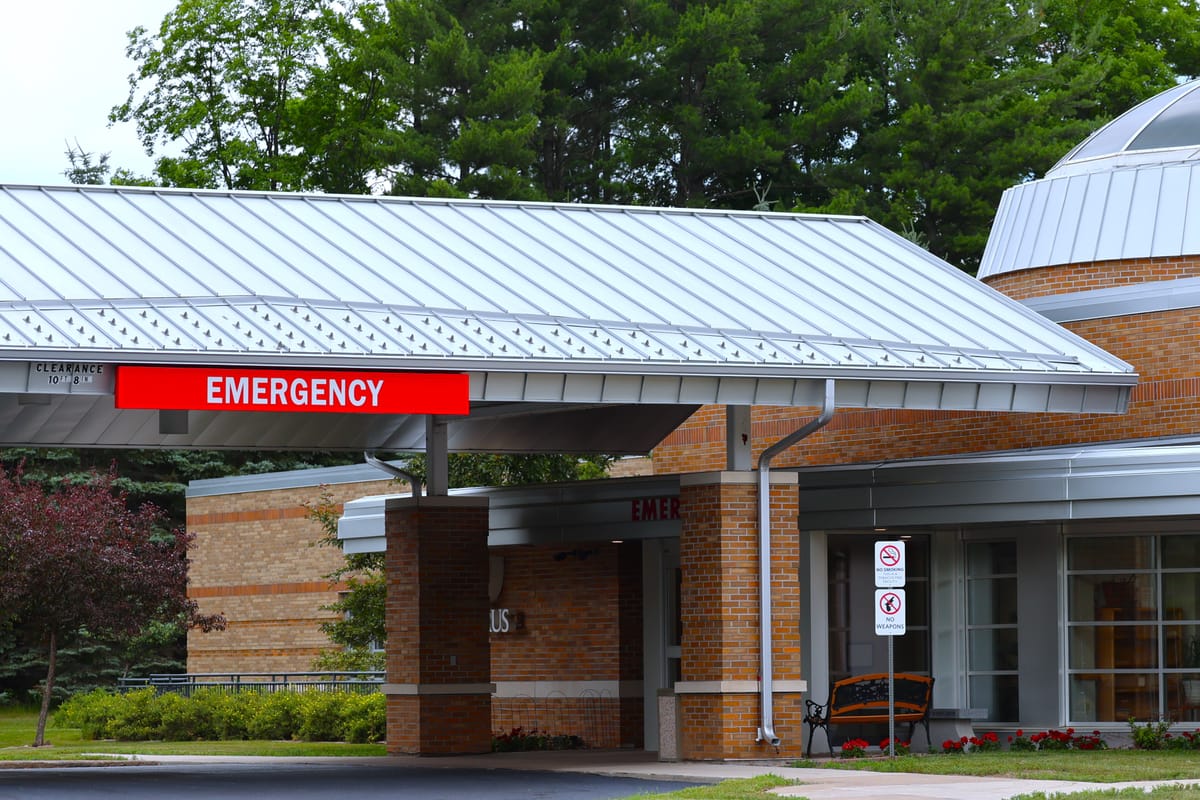Uncertainty Ahead for Medicaid Program

With the official Fourth of July signing by President Donald Trump of H.R.1, commonly referred to as the Big Beautiful Bill, some area residents will see positive changes in the short term, but for others the passage of this legislation will result in a longer-term impact that is uncertain and has come with a mixed public reaction.
At the top of this list is changes to select Medicaid programs where, beginning in 2027, new rules call for some individuals to engage in community service, attend school, or work a minimum number of hours each month as part of the eligibility process.
In addition, new reporting requirements will have states sharing member information, including social security numbers with the Centers for Medicare & Medicaid Services (CMS) to help eliminate situations where individuals try to receive benefits in multiple states at the same time. The legislation also calls for Medicaid recipients, including those in the Supplemental Nutrition Assistance Program (SNAP) to be limited to residents of the United States who are U.S. citizens or U.S. nationals.
Mixed Reactions
Mixed reactions to the new law are not surprising considering the close final votes in both houses of Congress where the majority party in each body won by a single vote. Many elements of the bill such as the no tax on tips or overtime provisions, an increase in the standard tax deduction, and higher child tax credits have not been considered overly controversial and are generally popular with the public.
The changes to Medicaid, however, seems to spark strong opinions, especially since the bill did not lay out the full administrative process to be run by each state, and because it touches the hot-button political topics of government overspending and immigration. Watch or read any news on Medicaid changes and the views expressed will range from the importance of protecting a program that is essential to all vulnerable populations, to the importance of changing an outdated system rampant with waste, fraud and abuse.
House republican representative Tom Tiffany of Wisconsin's 7th district supported the bill and said in a statement that its passing is a major win for the American people. "The bill protects families and small businesses from the largest tax hike in history and by putting more money into the pockets of seniors, parents, and workers. I remain committed to protecting Social Security and Medicaid for our seniors and the most vulnerable, while rooting out waste and reckless spending that threatens future generations."
By contrast, Wisconsin democrat Sen. Tammy Baldwin said in a statement last week that republicans have chosen to put their rich friends (through the permanent extension of tax cuts implemented in the first term of President Trump) over working families. "Instead of listening to hard working Wisconsin families who are looking for some relief and opportunity to save and live a comfortable life, republicans turned their backs on them, taking away their health care, and raising their costs," she said.

Local Impact
How the Medicaid changes will actually impact people living in the Northwoods is not clear, especially given the different effective dates for different provisions of the law, and because the final rules and administrative procedures have not been developed. It will take some time for experts to fully read through the entire package to get a full sense of its impact.
Local entities such as Aspirus Eagle River Hospital are trying to interpret the language in the new legislation with early indications of minimal impact.
Matt Thompson, a spokesperson for Aspirus Health, told the Northwoods Pulse that Aspirus is proud to be one of the top rural health systems in the country and it works hard to weather policy shifts and economic pressures. "While there is still much to understand about the potential impacts of the federal and state budgets, we are carefully evaluating its provisions," he said. "Currently, we do not anticipate any disruption to our facilities or services."
Ironically, an Aspirus hospital was mentioned earlier this year in a letter to republican leaders from a group of democrat senators, led by Ed Markey of Massachusetts, stating that the Medicaid elements in the new law would "have devastating consequences" for rural hospitals. The letter listed three Wisconsin hospitals at risk for closing, including the Aspirus Stanley Hospital in Chippewa County.
Sorting Through Details
While most provisions in the new legislation, irrespective of public support, are straightforward and touch areas such as military spending or border security, the Medicaid pieces of the puzzle are still a bit scrambled and will take a while for some dust to settle before a complete understanding of the impact to residents in Wisconsin, and in the small communities that make up the Northwoods.
This is especially true because there are already 28 separate Medicaid programs in the state with total benefits paid last year topping $12 billion. It is a complex roadmap providing important human support and the language in the new Medicaid legislation is even more complicated.
For example, the SNAP program which provides food purchasing assistance for low-income individuals and families, is a 2008 replacement for the prior federal Food Stamp Program which was in use for decades. In Wisconsin, however, it is called the FoodShare Wisconsin program, so average people reading through the legislation may not understand that it is the same program.
Another area of confusion falls in the category of the traditional Medicaid Programs versus the Medicaid Extension program that was added across most states as part of the Affordable Care Act in 2012. Wisconsin is one of 10 states that opted out of the extension program, and then it decided to operate differently from the other nine states. The transition to the new Medicaid laws from the perspective of Wisconsin may be different that the same transition for people of other states.
For now, the general consensus is that at least for the next year or so, the Medicaid program will be familiar for current participants and that for most people, even future changes in the new law will be fairly minimal. Hopefully the overall picture should be in much better focus by this time next year.


